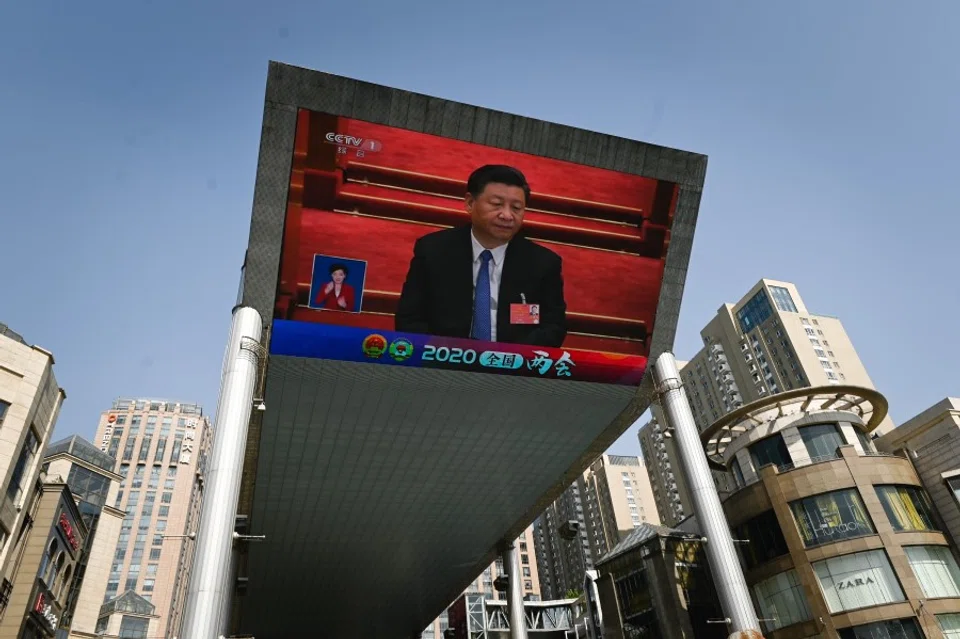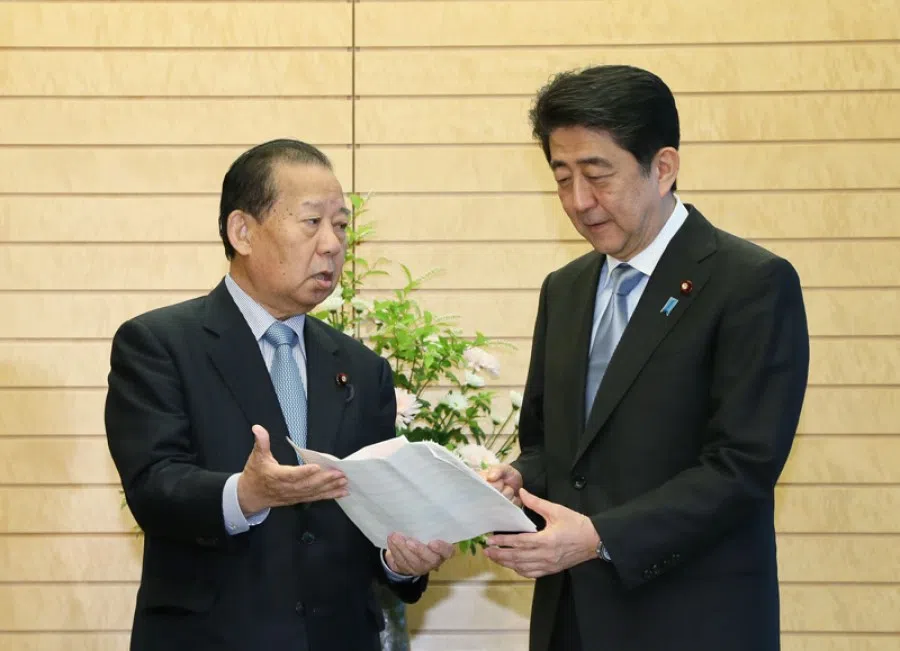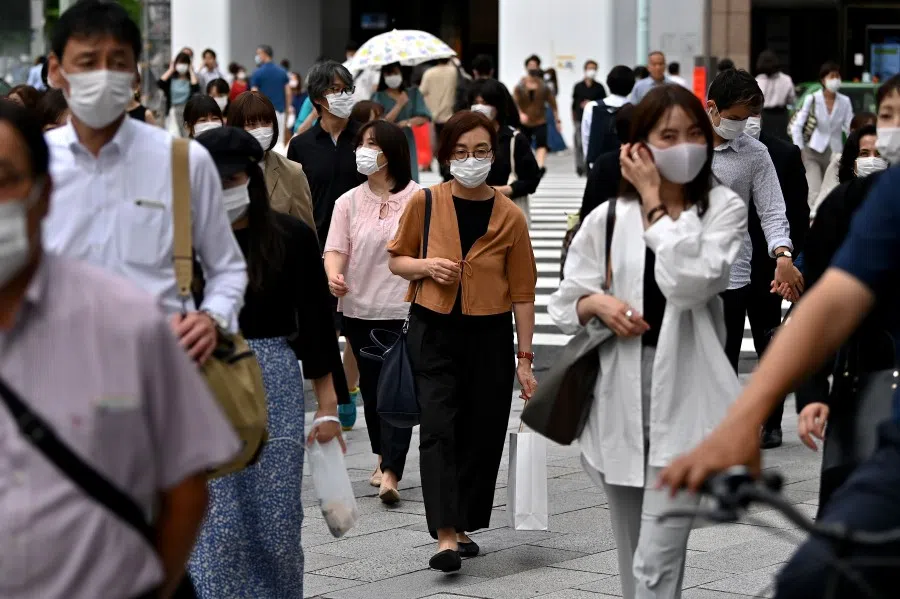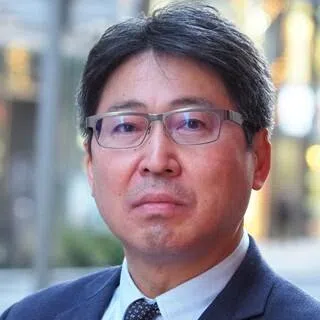Cancelling Xi Jinping's visit to Japan? Vested interests split views of Japanese politicians
Factionalism within the LDP has cast the spotlight on the prospect of Japan cancelling a state visit by Chinese President Xi Jinping to Japan that was postponed earlier in the year. Japanese academic Shin Kawashima rationalises that such requests are not a unified LDP view, much less a government one. With a general election coming up in Japan, Sino-Japanese relations will no doubt continue to be part of the shadow play, but there being no smoke without fire, the deterioration of Sino-Japanese relations cannot be underestimated as well.

On 3 July, the Foreign Affairs Division and the Research Commission on Foreign Affairs of the Liberal Democratic Party (LDP), the ruling party in Japan, adopted a resolution demanding that the government cancel President Xi Jinping's postponed visit to Japan.
Since Japan is not a one-party state, the government does not act on decisions made by the LDP's Foreign Affairs Division, but with the Hong Kong national security law and as vessels of the China Coast Guard are showing unprecedented activity around the Senkaku Islands, a resolution such as this will nonetheless have a degree of influence on Japan-China relations.
Extremely interesting here is that the LDP's Secretary-General Toshihiro Nikai expressed strong opposition against the resolution of the LDP's Foreign Affairs Division.
In response to this resolution, the spokesman of the Ministry of Foreign Affairs of China commented at a press conference on 3 July: "Some in Japan have long been politicising and making unwarranted comments on other countries' internal affairs. I'd like to point out that their anti-China 'performance' means nothing to us. We have neither the time nor the interest to comment on that." Such a statement exhibited a stance of no engagement at all.
Extremely interesting here is that the LDP's Secretary-General Toshihiro Nikai expressed strong opposition against the resolution of the LDP's Foreign Affairs Division. Conversely, this suggests that the groundwork for the Foreign Affairs Division resolution had not been laid beforehand with the people around Secretary-General Nikai, who has a strong relationship with China.
... voices calling for the cancellation of Xi's state visit is strong inside the LDP, and has become clearer and more concrete, which will have an effect within Japan and on Japan-China relations.

Aside from its president (Prime Minister Shinzo Abe), the LDP has three top party officials. They are the secretary-general (Toshihiro Nikai), the chairperson of the General Council (Shunichi Suzuki), and the chairperson of the Policy Research Council (Fumio Kishida).
Among them, Kishida is aiming for the position of next LDP president and prime minister. The Foreign Affairs Division and the Research Commission on Foreign Affairs are very much organisations that belong to the same group as the Policy Research Council. The decision of the Foreign Affairs Division and the Research Commission on Foreign Affairs on 3 July was nothing more than the decision of organisations under the Policy Research Council, making it neither an LDP decision nor even a decision of the Policy Research Council.
Secretary-General Nikai has his base in Wakayama prefecture, which has good relations with China, and is also the chairman of the All Nippon Travel Agents Association.
On 6 July, the Policy Research Council convened as the Policy Research Council Board. The question was whether the decision of the Foreign Affairs Division and the Research Commission on Foreign Affairs should be treated as a decision of the Policy Research Council. There, the members of the Nikai faction, which represented the wishes of Secretary-General Nikai, expressed their opposition and came into conflict with the conservative members. As a result, the Policy Research Council Board appropriately revised the wording of the Foreign Affairs Division's proposal and allowed it to pass the Board while specifying that it was not the consensus of the LDP but the opinion of the Foreign Affairs Division and the Research Commission on Foreign Affairs.
For example, where the proposal had said "demand cancellation", this was changed to "forced to request cancellation" in the context that "the international community has expressed concerns about the current situation to Japan" and positive contents like "to build a friendly relationship for a new era" were included.
It is likely that Yasuhide Nakayama, director of the Foreign Affairs Division, went to the Prime Minister's Office to convey the specifics of the resolution to the government as it had now become a decision made by the Policy Research Council Board, but it is improbable that it will have an immediate effect on government policy due to the strong wishes of Secretary-General Nikai "to be careful".
Even so, the fact is that voices calling for the cancellation of Xi's state visit is strong inside the LDP, and has become clearer and more concrete, which will have an effect within Japan and on Japan-China relations.
Japanese sentiments regarding China are exceedingly bad. They improved somewhat last year, but with the spread of Covid-19, it is estimated that about 90% do not feel friendly toward China at present.
Having said that, we need to keep in mind the division in Japan with regard to the relationship with China. Secretary-General Nikai has his base in Wakayama prefecture, which has good relations with China, and is also the chairman of the All Nippon Travel Agents Association. The relationship with China is extremely important for the tourism industry and the hope is that Chinese tourists will return to Japan post-coronavirus. It is not only the tourism industry as many industries have high hopes for and depend on the Chinese economy. From their perspective, their "livelihood" comes before territorial issues or historical perceptions, and the precondition is good relations with China.
By contrast, taking a strong position vis-à-vis China is key to conservative Diet members' efforts to solidify their own support. Japanese sentiments regarding China are exceedingly bad. They improved somewhat last year, but with the spread of Covid-19, it is estimated that about 90% do not feel friendly toward China at present.

Inside Japan, there is talk that a dissolution of the House of Representatives and a general election may come after summer. In the ruling LDP, the secretary-general plays a significant role in elections, together with the chairperson of the Election Strategy Committee. Since an election is coming up, the Diet members cannot afford to ignore secretary-general Nikai. Meanwhile, Fumio Kishida, chairperson of the Policy Research Council and candidate for president of the party and prime minister, is in a position where he has to mind all directions in the party and cannot lean too far to either side. These pre-election movements are now starting to affect China policy.
The interlocking of a domestic split in views on China with domestic politics can be observed in many countries around China, and the resolution put forward by the LDP's Foreign Affairs Division shows that this has become more serious in Japan as well. However, if we consider that the basic tone of the LDP and the government was one of welcoming President Xi's visit to Japan at least half a year ago, this would suggest that Japan's perception of China has changed quite drastically in half a year.





![[Big read] When the Arctic opens, what happens to Singapore?](https://cassette.sphdigital.com.sg/image/thinkchina/da65edebca34645c711c55e83e9877109b3c53847ebb1305573974651df1d13a)